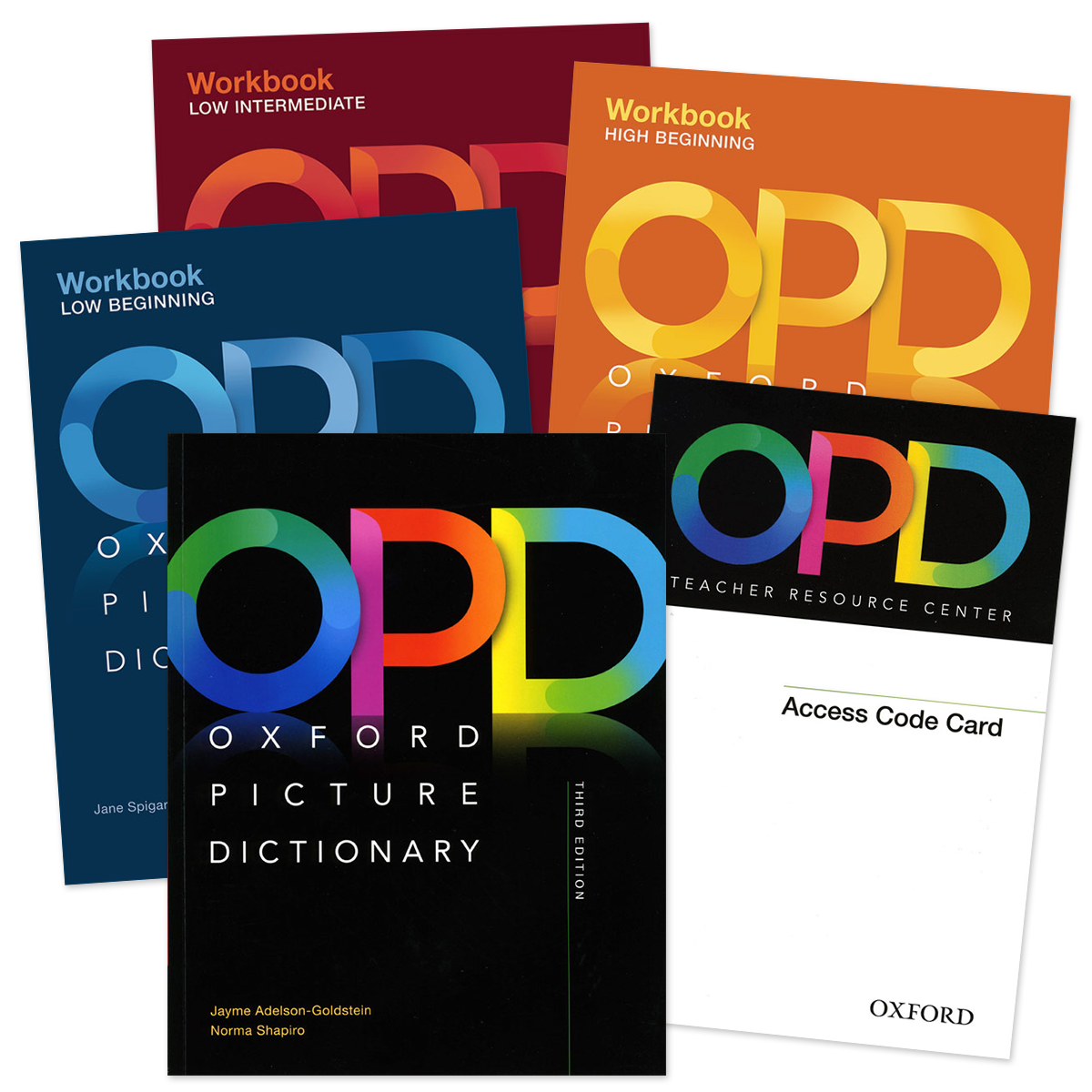

: A user-contributed database that can help you find that technical term/phrase not yet updated in general dictionaries.You can also find the most commonly used phrases from the single word that you searched for. bab.la: There are 28 target languages available from English, which means it’s pretty difficult not to find the one you need.It’s great for looking up more specific phrases, as it searches through many bilingual websites to find you real translations of what you need to say. Linguee: Offers translations from English, Spanish, French, German, Russian, and more.It’s great for looking up single words or common phrases, checking conjugations, and browsing the forums. WordReference: Offers translations in English, Spanish, French, German, and more.
MONOLINGUAL DICTIONARY ONLINE FREE
Here is a list of free online dictionaries to help you with your language studies. While monolingual dictionaries may be tougher to use at first, they do help you in understanding the whole context in the long run. However, immersing yourself into a monolingual environment and mindset – although scary – is absolutely necessary in order to become fluent. The dictionary I use is also the Collin's English Dictionary - the big one! - I've had a small rather dull version which was cheap but not helpful at all.Do you remember competing with your classmates in school to find a specific word in a gigantic hardback dictionary? Over the years, dictionaries have evolved into many different shapes and forms, and they are undoubtedly still an indispensable companion to every language learner out there.īilingual dictionaries help you get the answers that you want when studying a language, which are translations and example sentences in your mother tongue. But especially when correcting papers of my students I work with the monolingual one only as that one gives me almost all the English contexts in which the words are used.
MONOLINGUAL DICTIONARY ONLINE HOW TO
Usually they are allowed to use one in their class tests as well, so it's best if they know their way through the dictionary, also how to use co-references, etc.Īt home I use both myself, monolingual dictionaries if I'm almost sure and just need to reconfirm and the bilingual one if I'm lost for a translation. What they use at home I can't control anyway but it's important to teach them how to use the monolingual dictionaries. If they aren't happy with the monolingual explanation, I give them a German translation if necessary. For my intermediate and advanced level students I use monolingual dictionaries in class only. It really cripples a message when "i" is present instead of "I". It's a simple mistake to correct and most people write "i" instead of "I" out of laziness. " It's been several months since I entered:cross: ( joined:tick the forum but i ( I) never posted so far."īe vigilant about "I".

Some definitions lack precision but the simple definitions make up for it, I found. It's very easy to understand what the word means. The definitions provided in this dictionary are simplified on purpose. If you're worried about not understanding the definition, I would like to suggest a good dictionary:

I learned most of my vocabulary through exposition and most importantly in context. Once you've built up your vocabulary to a certain point, learning new words become surprisingly easy. My mother was a translator so I simply asked her what a word meant when I didn't know. To be honest, I never really used a bilingual dictionary. I've been studying and practicing English on and off for a good 13 years.


 0 kommentar(er)
0 kommentar(er)
